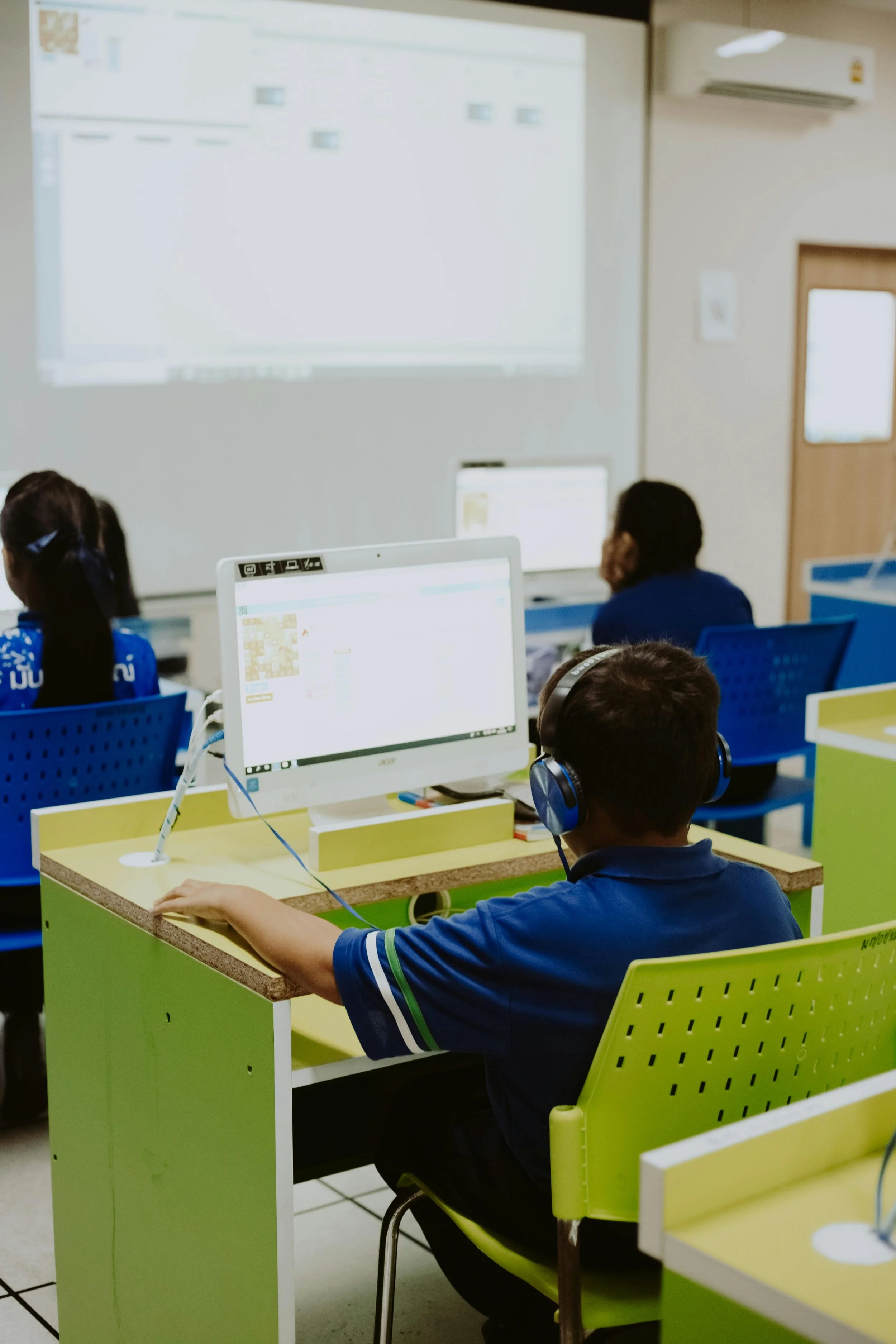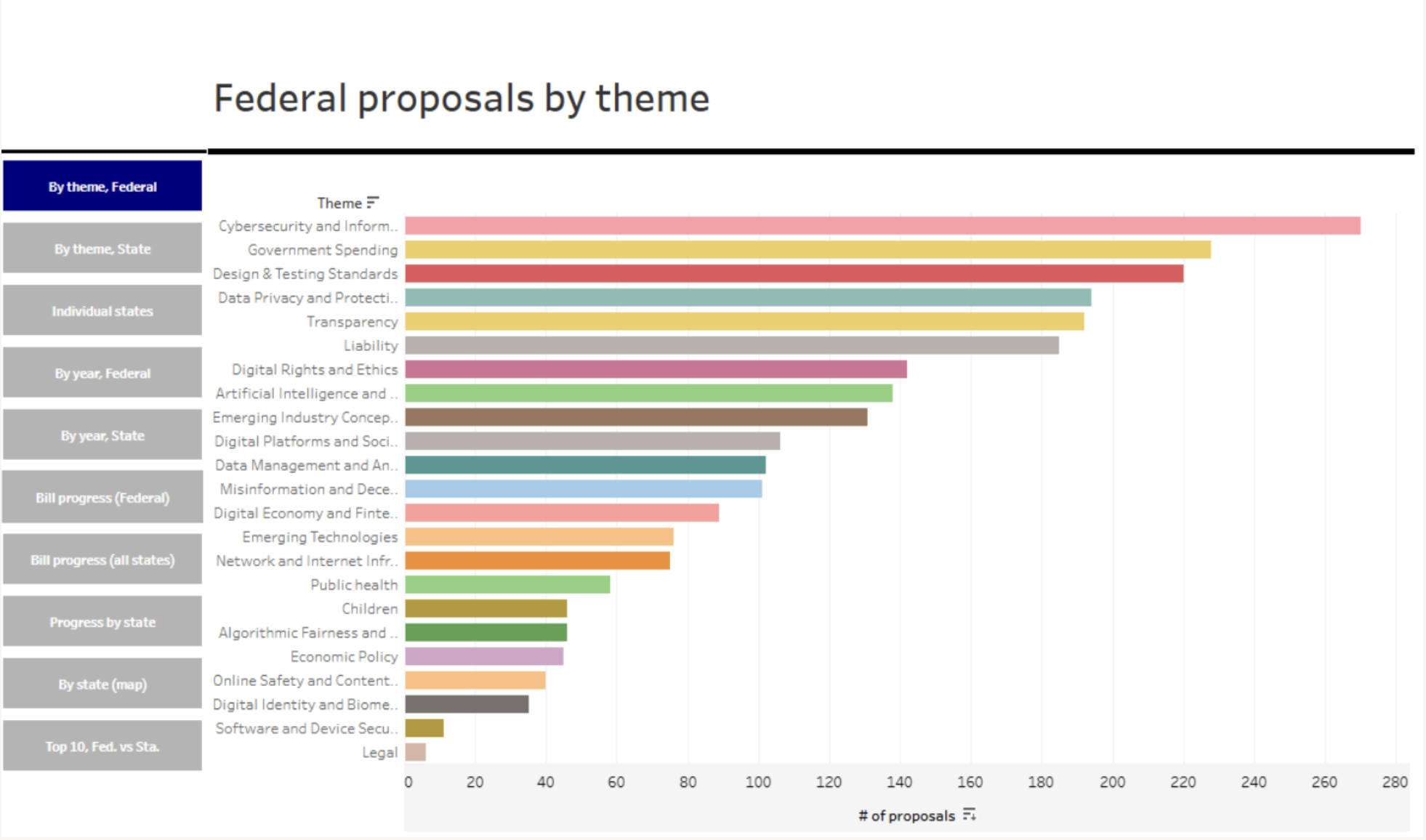What We’re Thinking
Integrity Institute members and staff are leading voices in the integrity field and bring years of technical expertise to tackling these problems. These posts represent their individual thoughts, analysis, and ideas about contemporary issues in the integrity space.

Escalations of Digital Warfare in Gaza
By Shannon Raj Singh, Theodora Skeadas, Suzi Ragheb, Rachel Fagen, Sabhanaz Rashid Diya, and Devika Malik
Image credit: Israeli Prime Minister Benjamin Netanyahu holds a joint press conference with US President Donald Trump at the White House on Sept. 29. (Official White House Photo by Daniel Torok)

Why The Cloud Should Be a Public Utility
By Michelle Nie, Theodora Skeadas, Nick Garcia, Elise Phillips
We rely on the cloud every day to access government, healthcare and educational services. We access our government benefits, file taxes, schedule doctor’s appointments, bank online and access educational materials all through the cloud. But unlike other essential infrastructure services, cloud companies are treated like any other firm, rather than a firm that provides a clear public good or service, like water or electricity.

Control for Whom? Keeping an Eye on the Dark Side of US's New Wearables Campaign.
By Theodora Skeadas and Nada Salem
We are currently observing numerous parallel efforts to integrate data sharing between the US government and different parts of the tech ecosystem.
Image credit: Fanny Maurel & Digit, Ambient Scribes, Licensed by CC-BY 4.0.

Red Teaming Generative AI in Classrooms and Beyond
By Jen Weedon, Theodora Skeadas, and Sarah Amos
As millions of American children return to the classroom, many will be tempted and, in many cases, encouraged to use artificial intelligence, particularly generative AI, to help with research and writing. A May 2025 Executive Order implores adoption of AI in K-12 classrooms to help foster “innovation” and “critical thinking.” The impacts of this shift are still very much undetermined.

Integrity Case Study: Protecting Kids From Abuse
By Abhi Chaudhuri, Dominique Wimmer, Jenna Dietz, Matt Motyl and David Jay
We hear a lot about how things go wrong in the social internet, and not enough about the practices that make them better. In this case study from the members of the Integrity Institute we’ll explore how Trust and Safety teams work to address harmful behavior online.

Defining Online Paid Content
By Caroline Nichols & Kay Spencer
The paid social media space encompasses all content distributed through digital platforms where compensation, in any form - made both in-platform and offline, influences message creation, amplification, or distribution. The online paid content space lacks sufficient transparency and regulation, particularly for political and electoral content. Current regulations are modeled after traditional advertising frameworks but fall short in addressing digital realities.

Addressing Misinformation in Labor and Delivery
By Megan Hepp and Sarah Godlewski
The COVID-19 pandemic reshaped society in countless ways—from shifting workplace norms to changing consumer behaviors. But one of its most dangerous legacies is the rise and normalization of medical misinformation online. In this blog, members Megan Hepp and Sarah Godlewski examine the risks of misinformation in pregnancy, labor, and delivery—and the complex challenges Trust and Safety teams face in moderating this critical content.

Technology Policy Tracker: Advancing Collaboration and Insights in Tech Policy
By Theodora Skeadas and Rehan Mirza
The Tech Policy Tracker project began in the summer of 2023 with the vision to create a centralized resource of US technology policy and legislation for policymakers, researchers, and advocates. Recognizing the great work done by civil society organizations in building more specialized trackers, we aggregated this work to produce our first iteration of the tracker in early 2024.

Boosted Content and Electoral Risk in Moldova
By Caroline Nichols, Kay Spencer, and Nicholas Shen
Integrity professionals concerned about Russian election interference have been closely watching Moldova, and observed a concerning trend. Moldova, which shares a border with Ukraine, is often a test-bed for Russian interference tactics.
The Rise of Political Violence in the Social Media Era
Affective political polarization has been growing in the United States for decades. Animosity mixed with hostile partisan media, inflammatory elite rhetoric, political segregation, and poorly moderated social media is the recipe for politically-motivated violence.

Don’t Let Generative AI Distract Us from the Real Election Risks in Tech
By Matt Motyl and Spencer Gurley
Countless stories claim generative AI is democratizing disinformation and hijacking democracy, and a recent survey shows that 47% of US voters sometimes see what they think is AI-generated election content in their feeds.

How Do Polish Adults Use and Experience Social Media?
X and Facebook users report highest rates of negative experiences in Poland; YouTube users report the most learning experiences.

Mid-Year Verdict: The State of Global Digital Election Integrity in 2024
By Manish Kumar
The 2024 elections worldwide have been marked by a diverse array of outcomes, political shifts, and notable challenges to election integrity. Overall, the results of these elections indicate a global trend towards center-right and right-wing politics, reflecting a broader shift in the political landscape.

Trust & Safety: Navigating Social Media Integrity in an Election Year
By Rebecca Scott Thein
I built election integrity tech for social media platforms. Here’s what you need to know about online misinformation and disinformation in a big election year

We Worked On Election Integrity At Meta. The EU – And All Democracies – Need to Fix the Feed Before It’s Too Late
Later this week, voters across Europe will go to the polls for critical elections that will decide control of the EU parliament – and the future of Europe.

The Research Team Goes to Brussels
The Integrity Institute research team went to Brussels to present at the European Digital Media Observatory and chat with the European Commission, the Center for Democracy & Technology - Europe, and the Mozilla Foundation.

The DSA is Live! So… How are Companies Adapting?
By Nima Mozhgani and Alice Hunsberger
The European Digital Services Act (DSA) went live on February 17, 2024, and now companies must navigate an array of compliance requirements. Although Very Large Online Platforms and Search Engines (VLOPs & VLOSEs) have been aligning with these mandates since mid 2023, the vast majority of companies are now stepping into previously unexplored compliance territory.

1 Year at the Integrity Institute: What I’ve Learned
By Abby Lawson
The Integrity Institute hit its 3rd birthday this month. Around the same time, I also reached 1 year of working at the Institute in a role trying to support the development of a think tank for integrity workers. On hitting my one year mark, I reflected on what I’ve learned from the past year working to bring the expertise of trust and safety professionals to the public conversation.

Why Is Instagram Search More Harmful Than Google Search?
An analysis of why Instagram search is more harmful than Google Search. We dive into how Instagram search is designed, compare to how Google Search is designed, and highlight how Instagram’s design choices lead to a less safe experience.

Questions for Platforms on Child Safety for Congressional Record
By Jeff Allen, Abby Lawson, Spencer Gurley, Alexis Crews, Jenn Louie, Matt Motyl, Gabe Freeman, Vaishnavi J, Sarah Oh, Davinia Santimano, and Sarah Vieweg
Following the Senate hearing on child safety online, Senators will be sending written questions to the CEOs of tech companies. Integrity Institute prepared additional questions that could serve as a guide for Senators’ written questions to the CEOs of tech companies.

